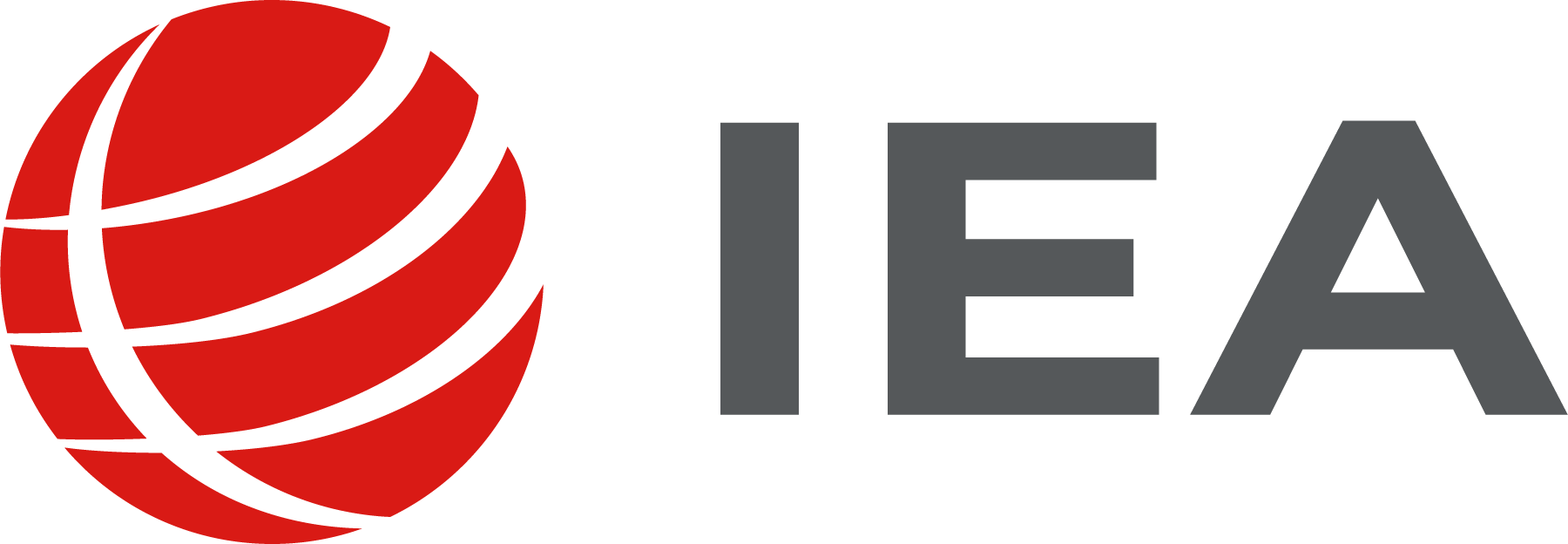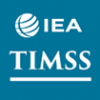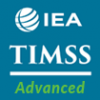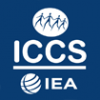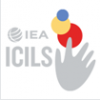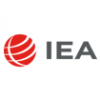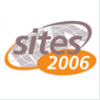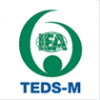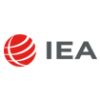Data Repository
Here you can find data and documentation from TIMSS/TIMSS Advanced, PIRLS, ICCS, ICILS, REDS, CIVED, TEDS-M, SITES and the Reading Literacy Study. Data from future studies will be added as soon as the respective international database is released. Data is available in SPSS and SAS, and from PIRLS 2021 onward R formats. Data is accompanied by several SPSS and SAS programs for Jackknifing procedures and additional statistical procedures. Other documentation like codebooks and almanacs are also available for download. It is strongly recommended that you refer to the respective User Guide when working with data.
TIMSS is a flagship study of IEA. Directed by the TIMSS & PIRLS International Study Center at Boston College, TIMSS is an international assessment of student achievement in mathematics and science at fourth and eighth grades. The study is designed to capture the breadth and richness of these subjects as they are taught in the participating counties. The study collects detailed information about curriculum and curriculum implementation, together with empirical information about the contexts for schooling.
By accessing the Data Repository, IDB Analyzer and Data visualizer, you indicate that you agree to the terms and conditions associated with their use. Please read the Disclaimer and License Agreement for full details.
I agree to the terms and conditions
TIMSS Advanced is an assessment for students in their final year of secondary school who are enrolled in special advanced mathematics and physics programs. It is the only international assessment that provides essential information about students' preparedness to enter university-level studies in science, technology, engineering, and mathematics (STEM). The study also collects policy-relevant data about curriculum emphasis, technology use, teacher preparation, training, and attitudes that can be used to guide education reform and policy planning in STEM fields
By accessing the Data Repository, IDB Analyzer and Data visualizer, you indicate that you agree to the terms and conditions associated with their use. Please read the Disclaimer and License Agreement for full details.
I agree to the terms and conditions
PIRLS, is one of the core studies of IEA, directed by the TIMSS and PIRLS International Study Center at Boston College. PIRLS is recognized as the global standard for assessing trends in reading achievement at the fourth grade.
PIRLS provides trends and international comparisons of fourth grade students’ reading achievement and students’ competencies in relation to goals and standards for reading education. In addition to reading assessment, the PIRLS school, teacher, student and home questionnaires gather extensive information about the contextual factors at home and school which are associated with the teaching and learning of reading.
By accessing the Data Repository, IDB Analyzer and Data visualizer, you indicate that you agree to the terms and conditions associated with their use. Please read the Disclaimer and License Agreement for full details.
I agree to the terms and conditions
ICCS investigates the ways in which young people are prepared to undertake their roles as citizens in a world where contexts of democracy and civic participation continue to change. The study reports on students’ knowledge, understanding, beliefs, attitudes and behaviors regarding concepts and issues related to civics and citizenship.
ICCS data are also available through the CivicLEADS archive.
By accessing the Data Repository, IDB Analyzer and Data visualizer, you indicate that you agree to the terms and conditions associated with their use. Please read the Disclaimer and License Agreement for full details.
I agree to the terms and conditions
ICILS measures international differences in students' computer and information literacy, referring to their ability to use computers to investigate, create, and communicate in order to participate effectively at home, at school, in the workplace, and in the community. In addition to student achievement, the study collects a rich array of contextual data on students' home and school environments.
By accessing the Data Repository, IDB Analyzer and Data visualizer, you indicate that you agree to the terms and conditions associated with their use. Please read the Disclaimer and License Agreement for full details.
I agree to the terms and conditions
REDS yields internationally comparable data collected in a scientific manner on the impact of the COVID-19 pandemic on lower secondary education (eighth grade). The REDS data collection took place between December 2020 to July 2021 in Burkina Faso, Denmark, Ethiopia, India, Kenya, the Russian Federation, Rwanda, Slovenia, the United Arab Emirates, Uruguay, and Uzbekistan. REDS collected data through questionnaires from a total of 21,063 students, 15,004 teachers, and 1,581 principals.
By accessing the Data Repository, IDB Analyzer and Data visualizer, you indicate that you agree to the terms and conditions associated with their use. Please read the Disclaimer and License Agreement for full details.
I agree to the terms and conditions
The CIVED assessment covered the content domains of democracy and citizenship, national identity, and social cohesion and diversity.
CIVED data are also available through the CivicLEADS archive.
By accessing the Data Repository, IDB Analyzer and Data visualizer, you indicate that you agree to the terms and conditions associated with their use. Please read the Disclaimer and License Agreement for full details.
I agree to the terms and conditions
SITES 2006 focused on the role of information and communication technology (ICT) in teaching and learning in mathematics and science classrooms. The earlier cycle, SITES Module 1 was established to help countries estimate their current position relative to other countries int he educational use of ICT.
By accessing the Data Repository, IDB Analyzer and Data visualizer, you indicate that you agree to the terms and conditions associated with their use. Please read the Disclaimer and License Agreement for full details.
I agree to the terms and conditions
Data from the TEDS-M study is available directly from the IEA Research and Analysis Unit (RandA). Given the sensitive nature of the data contained in the TEDS-M database, and risks of disclosing personal information of the participants, you will need to complete an "Affadavit of Nondisclosure and User Agreement for Using the TEDS-M 2008 Databases".
Details about working with TEDS -M data are available in the User Guide, please visit our publications database for other reports.
Please print and complete the form manually and send it to the RandA Unit.
By accessing the Data Repository, IDB Analyzer and Data visualizer, you indicate that you agree to the terms and conditions associated with their use. Please read the Disclaimer and License Agreement for full details.
I agree to the terms and conditions
The Reading Literacy Study examined levels of students’ reading literacy across countries, as well as the nature of reading instruction and the relationships between reading comprehension and aspects of home and school environment.
By accessing the Data Repository, IDB Analyzer and Data visualizer, you indicate that you agree to the terms and conditions associated with their use. Please read the Disclaimer and License Agreement for full details.
I agree to the terms and conditions
